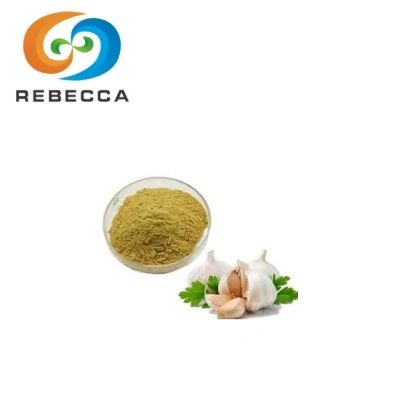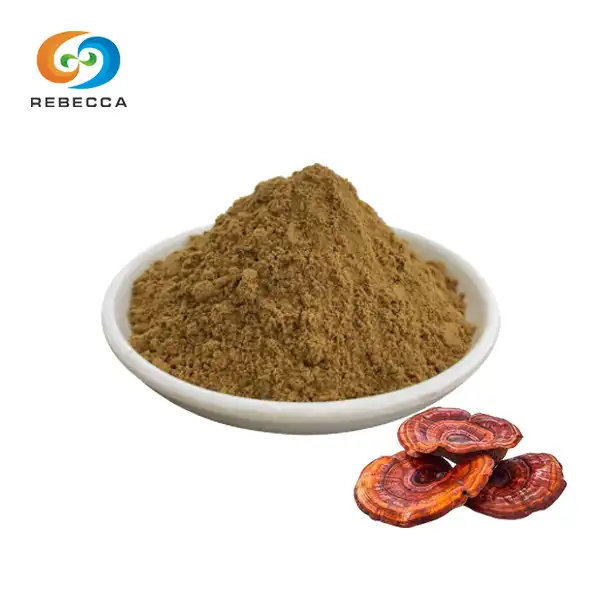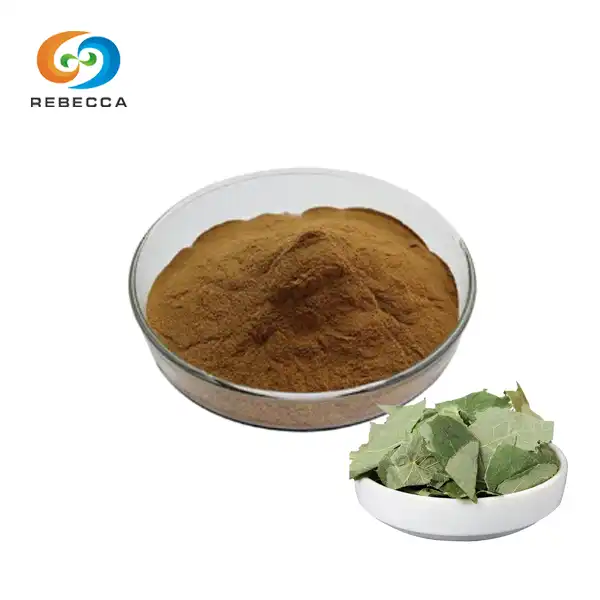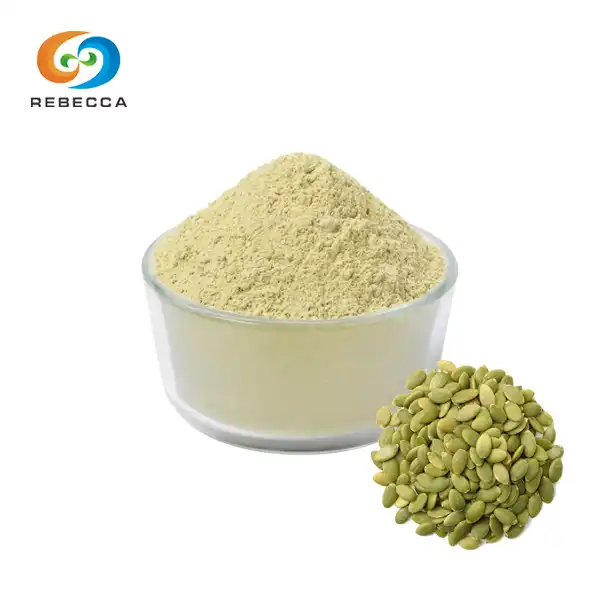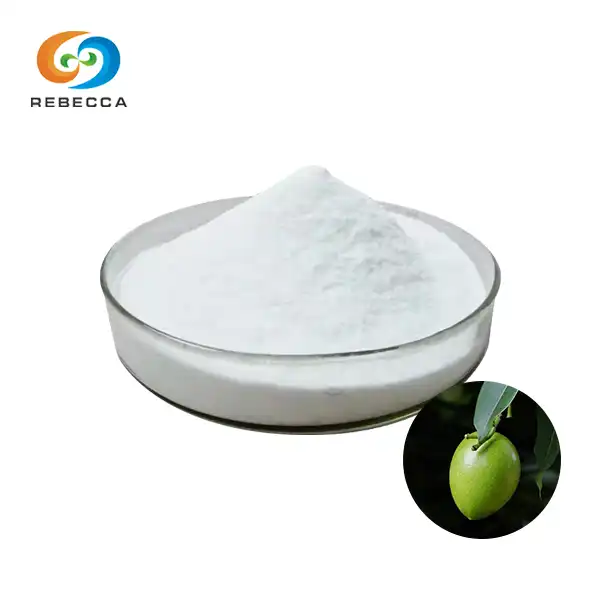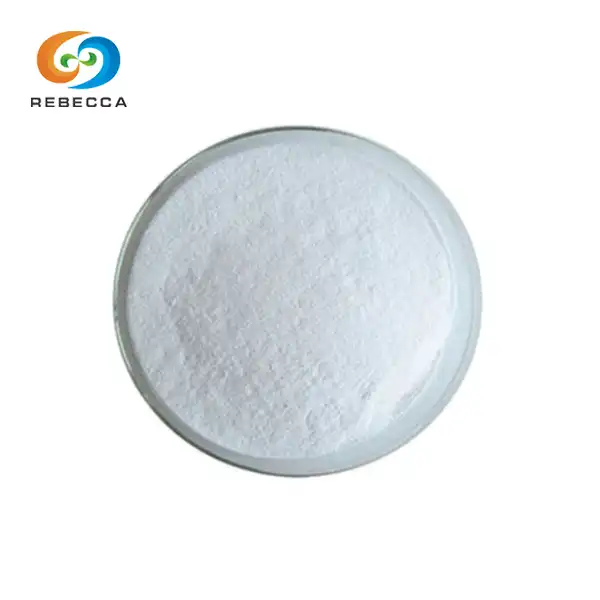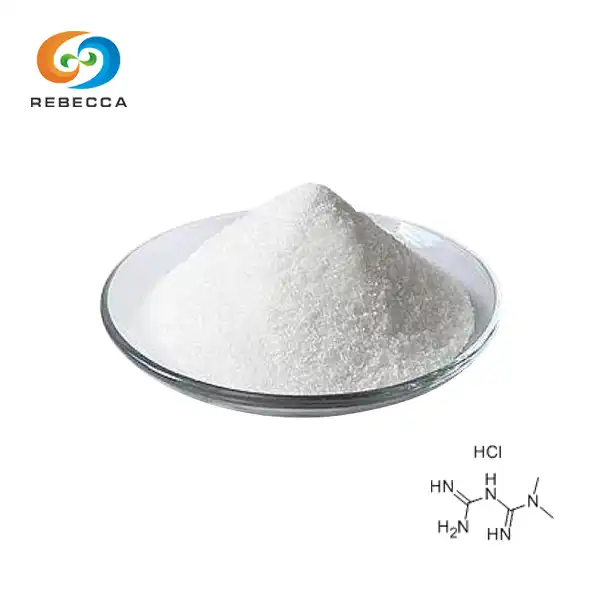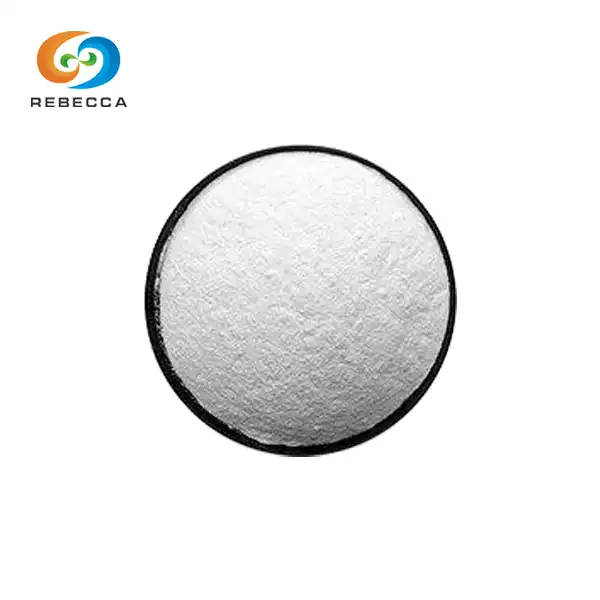Which creatine is best for muscle gain?
When it comes to muscle gain, creatine monohydrate stands out as the top choice among athletes and bodybuilders. This widely researched supplement has consistently proven its effectiveness in enhancing muscle mass, strength, and overall athletic performance. its ability to increase phosphocreatine stores in muscles leads to improved ATP production, allowing for more intense workouts and faster recovery. Its superior absorption rate, cost-effectiveness, and extensive scientific backing make it the go-to option for those seeking significant muscle gains.
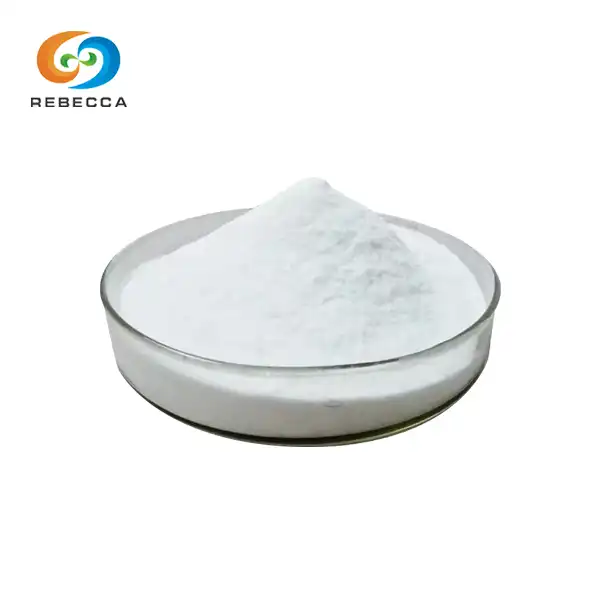
Product Name: Creatine Monohydrate
Creatine Monohydrate PowderSpecification: 99.5%-102.0%, HPLC
CAS: 6020-87-7
Creatine monohydrate Professional Manufacturer and Supplier
Free Sample Available, MSDS Available
Creatine Monohydrate vs. Other Forms
Comparing the absorption rates of creatine types
While various forms of creatine exist in the market, creatine monohydrate remains the gold standard for muscle gain. Its absorption rate is excellent, with studies showing that it's nearly 100% absorbed by the body. Other forms, such as creatine ethyl ester or liquid creatine, claim to have better absorption rates, but research has not consistently supported these claims.
Creatine hydrochloride (HCl) is often marketed as having superior solubility and absorption. However, when compared to creatine monohydrate in terms of muscle uptake and performance enhancement, the differences are minimal. The increased solubility of creatine HCl doesn't necessarily translate to better results in muscle gain or strength improvements.
Cost-effectiveness: Monohydrate's proven track record
One of the most compelling reasons to choose creatine monohydrate is its cost-effectiveness. Due to its long-standing presence in the market and well-established manufacturing processes, it's generally the least expensive form of creatine available. This affordability doesn't come at the cost of quality or efficacy – it's simply a result of economies of scale and refined production techniques.
Other creatine forms often come with a higher price tag, justified by claims of enhanced benefits. However, the marginal improvements (if any) these forms offer rarely justify their increased cost, especially when considering the substantial body of evidence supporting their efficacy.
Scientific studies
The efficacy of creatine monohydrate in muscle gain is backed by a wealth of scientific research. Numerous studies have demonstrated its ability to increase muscle mass, enhance strength, and improve exercise performance. A meta-analysis published in the Journal of Strength and Conditioning Research found that creatine supplementation led to significant increases in lean body mass and muscle fiber size when combined with resistance training.
Research has also shown that creatine monohydrate can improve high-intensity exercise capacity and fat-free mass. These benefits are particularly pronounced in activities requiring short bursts of intense effort, such as weightlifting or sprinting. The consistent positive results across various studies have solidified creatine monohydrate's position as the most reliable form of creatine for muscle gain.
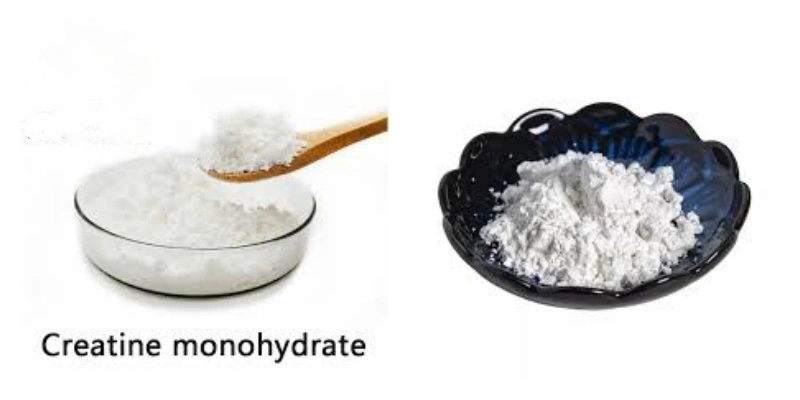
Dosage and timing for optimal results
Loading phase vs. maintenance: Creatine intake strategies
To maximize the benefits of creatine monohydrate for muscle gain, understanding the optimal dosage and timing is crucial. Many users follow a loading phase strategy, which involves taking a higher dose of creatine (typically 20-25 grams per day) for 5-7 days, followed by a maintenance phase of 3-5 grams daily. This approach rapidly saturates muscle creatine stores, potentially leading to quicker results.
However, research has shown that a loading phase isn't strictly necessary. Users can achieve similar results by consistently taking a maintenance dose of 3-5 grams daily, though it may take longer (3-4 weeks) to fully saturate muscle creatine stores. This gradual approach may be preferable for those who experience digestive discomfort with higher doses or prefer a simpler supplementation routine.
Pre-workout vs. post-workout supplementation timing
The timing of creatine intake has been a subject of debate among fitness enthusiasts. Some argue that taking creatine pre-workout provides immediate energy for training, while others advocate for post-workout consumption to aid in recovery and muscle protein synthesis. Research suggests that both timing strategies can be effective, and the differences in results are often minimal.
A study published in the Journal of the International Society of Sports Nutrition found no significant difference in muscle creatine content, body composition, or training adaptations between pre- and post-workout creatine supplementation. The most important factor appears to be consistency in daily intake rather than specific timing around workouts.
Cycling creatine: Necessity or myth for muscle gains?
The concept of cycling creatine – alternating periods of use and non-use – has been a common practice among some users. The theory behind cycling is to prevent the body from downregulating its natural creatine production. However, scientific evidence doesn't support the necessity of cycling for maintaining creatine's effectiveness or preventing side effects.
Long-term studies have shown that continuous creatine supplementation is safe and effective for muscle gain. The body's ability to produce creatine naturally isn't significantly impacted by exogenous supplementation. Therefore, cycling creatine is generally unnecessary for most users seeking muscle gain benefits. Consistent, daily supplementation appears to be the most effective approach for maintaining elevated muscle creatine levels and supporting muscle growth.
Combining Creatine With Workout Routines
Creatine's synergy with resistance training programs
Creatine monohydrate's effectiveness in muscle gain is significantly enhanced when combined with a well-structured resistance training program. The supplement works synergistically with strength training, amplifying the benefits of each workout session. Creatine increases the body's capacity for high-intensity exercise, allowing for more repetitions, heavier lifts, and ultimately greater muscle stress – a key factor in promoting muscle growth.
Research published in Medicine & Science in Sports & Exercise has demonstrated that individuals supplementing with creatine monohydrate while engaging in resistance training experienced greater increases in muscle fiber cross-sectional area compared to those only performing resistance training. This synergistic effect is attributed to creatine's role in enhancing energy availability during intense muscle contractions and potentially stimulating protein synthesis.
Hydration importance when using creatine supplements
Proper hydration is crucial when supplementing with creatine monohydrate. Creatine draws water into muscle cells, which can lead to increased muscle volume and potentially improved performance. However, this mechanism also underscores the importance of maintaining adequate hydration levels during supplementation.
Users should aim to increase their water intake when using creatine, especially during the loading phase if one is implemented. Adequate hydration not only supports the effectiveness of creatine but also helps mitigate potential side effects such as cramping or gastrointestinal discomfort. The International Society of Sports Nutrition recommends consuming an additional 6-8 glasses of water per day when supplementing with creatine.
Pairing creatine with other muscle-building supplements
While creatine monohydrate is highly effective on its own, some users choose to combine it with other supplements to potentially enhance muscle gain results. Protein supplements, particularly whey protein, are often used alongside creatine to support muscle protein synthesis and recovery. The combination of creatine and protein has shown promising results in several studies, with potential synergistic effects on lean body mass and strength gains.
Beta-alanine is another supplement that's frequently paired with creatine. This amino acid helps buffer lactic acid in muscles, potentially improving endurance during high-intensity workouts. Some research suggests that combining beta-alanine with creatine may lead to greater improvements in body composition and performance compared to using either supplement alone.
Creatine monohydrate emerges as the best choice for muscle gain due to its proven efficacy, cost-effectiveness, and extensive scientific backing. Its superior absorption rate and well-established safety profile make it an ideal supplement for those looking to enhance their muscle-building efforts.
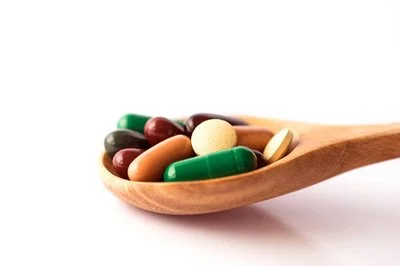
Pure Creatine Monohydrate Powder Supplier
Shaanxi Rebeccia is a leading supplier of pure creatine monohydrate powder, leveraging state-of-the-art extraction, separation, and purification equipment in our production facilities. We adhere strictly to GMP and ISO standards throughout our manufacturing process, ensuring the highest quality and safety of our products. From sourcing raw materials to delivering the finished product, each step undergoes meticulous quality control to guarantee efficacy. Our commitment to excellence extends to providing comprehensive documentation and support for global compliance. For inquiries about our premium herb extract, contact us at information@sxrebecca.com. Rebeccia offers creatine monohydrate with a specification of 99.5%-102.0% (HPLC), CAS: 6020-87-7. As a professional manufacturer and supplier, we provide free samples and MSDS upon request.
References
- Kreider, R.B., et al. (2017). International Society of Sports Nutrition position stand: safety and efficacy of creatine supplementation in exercise, sport, and medicine. Journal of the International Society of Sports Nutrition, 14:18.
- Buford, T.W., et al. (2007). International Society of Sports Nutrition position stand: creatine supplementation and exercise. Journal of the International Society of Sports Nutrition, 4:6.
- Cooper, R., et al. (2012). Creatine supplementation with specific view to exercise/sports performance: an update. Journal of the International Society of Sports Nutrition, 9:33.
- Antonio, J., & Ciccone, V. (2013). The effects of pre versus post workout supplementation of creatine monohydrate on body composition and strength. Journal of the International Society of Sports Nutrition, 10:36.
- Rawson, E.S., & Volek, J.S. (2003). Effects of creatine supplementation and resistance training on muscle strength and weightlifting performance. Journal of Strength and Conditioning Research, 17(4):822-831.
